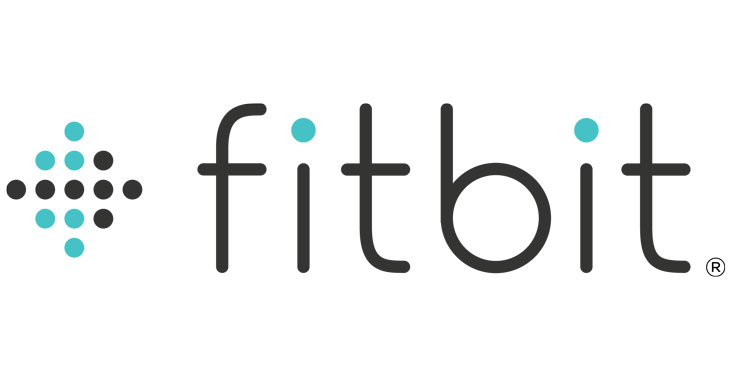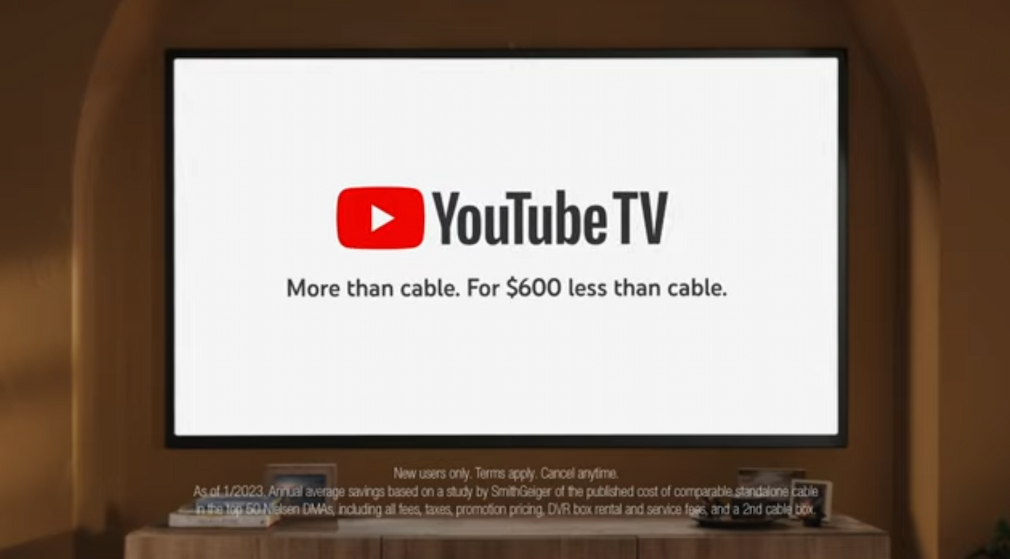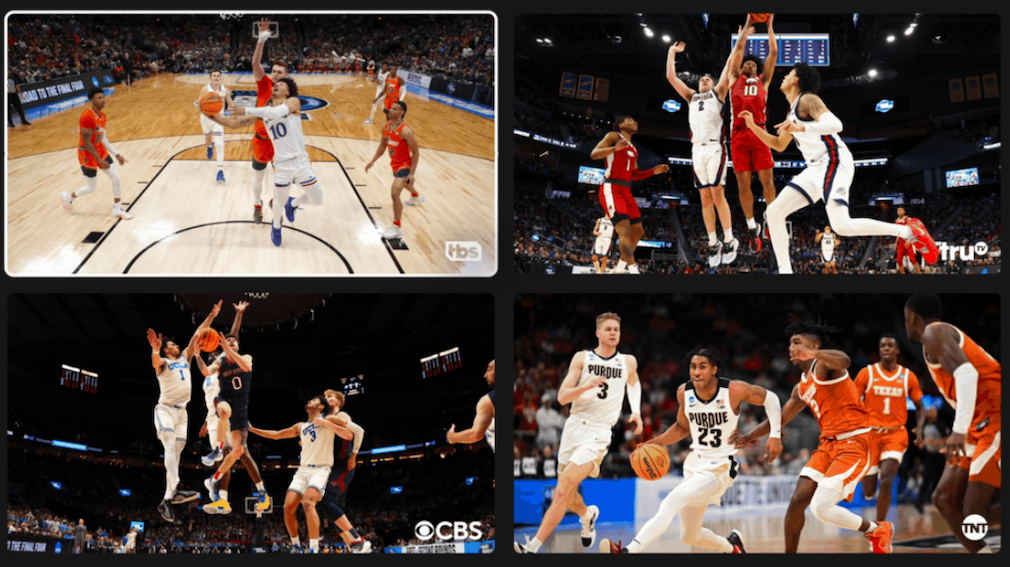
Google’s “Location History” Feature
Allegations: Misrepresenting that Google does not track consumers’ movements or store a record of their locations when the “Location History” feature on mobile devices is disabled
June 2021: The Brown, Montoya, Smith, and Valencia-Torres cases were transferred to multidistrict litigation to be heard with similar cases. (MDL No. 5:21-md-3001). Click here for more information on the MDL case.
April 2021: The Montoya and Smith cases were voluntarily dismissed. Later in April, the named plaintiffs in both the Montoya and Smith cases refiled their lawsuits. (Montoya et al. v. Google, LLC, Case No. 21-cv-339, D.N.M. and Smith et al. v. Google, LLC, Case No. 21-cv-53, S.D. Miss.)
October 2020: Multiple class-action lawsuits were filed against Google for allegedly promoting illegal virtual gambling games – including casino slot machines, blackjack, roulette, and poker – in the Google Play Store. Plaintiffs claim that even though the games are initially free to download and play, players need to use real money to purchase the in-game currency to continue playing after they run out of the free currency given to them when they download the games. Click on the case information below to read the complaints.
For more of TINA.org’s coverage of games, click here.
Allegations: Misrepresenting that Google does not track consumers’ movements or store a record of their locations when the “Location History” feature on mobile devices is disabled
Allegations: Failing to adequately disclose the terms of subscriptions
Allegations: Deceptively marketing apps in its Designed for Families program as safe and appropriate for children
Allegations: Misleadingly marketing that fitness trackers are capable of measuring blood oxygen levels when they do not provide accurate measures
Allegations: Advertising phones as capable of accessing 5G broadband networks when they were no longer able to access 5G networks after a software update
Allegations: Falsely representing that the company safeguards consumers’ personal data when such information was disclosed to third parties
Allegations: Failing to adequately disclose the terms of subscriptions and making it difficult to cancel
Allegations: Promoting illegal virtual gambling games
Allegations: Promoting illegal virtual gambling games
Allegations: Promoting illegal virtual gambling games
Allegations: Promoting illegal virtual gambling games
Allegations: Failing to adequately disclose that certain games use loot boxes, which are a form of gambling that violates state anti-gambling laws
Allegations: Falsely advertising Stadia as more powerful than other gaming consoles and as displaying all video games in 4k resolution
Some class-action settlements that left consumers behind.
What consumers should know about software tethering.
New AI-powered search feature produces misleading answers.
Google appeals decision recommending it drop comparative pricing claim.
While ads suggest that feature is widely available, rollout is still in progress.













